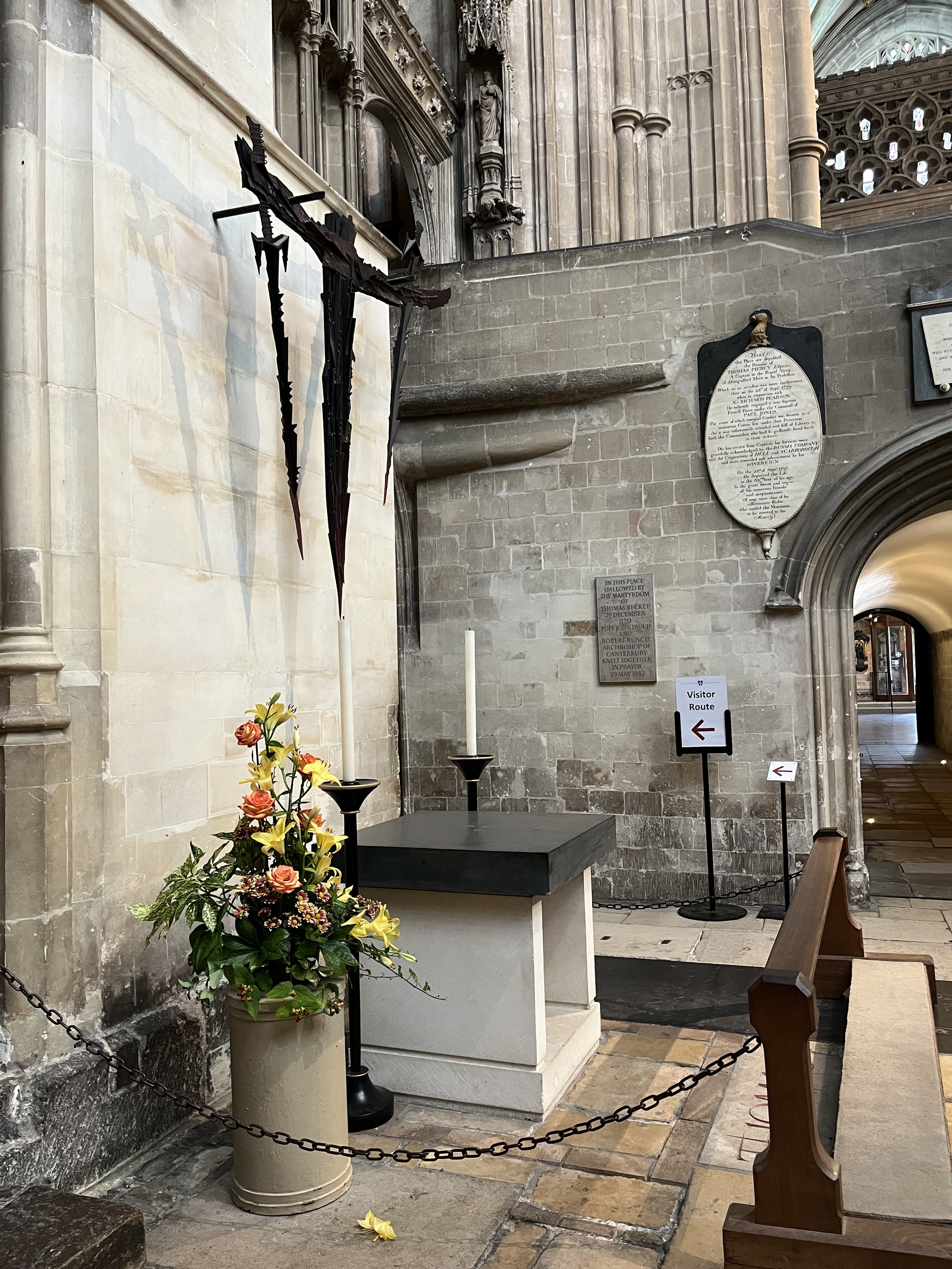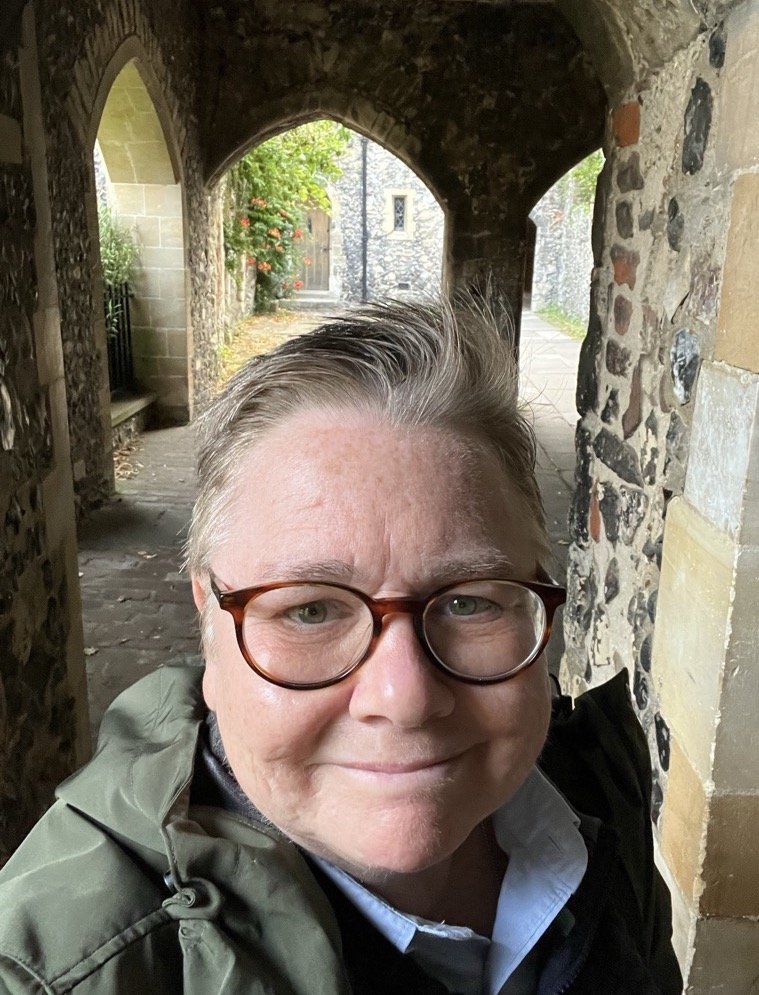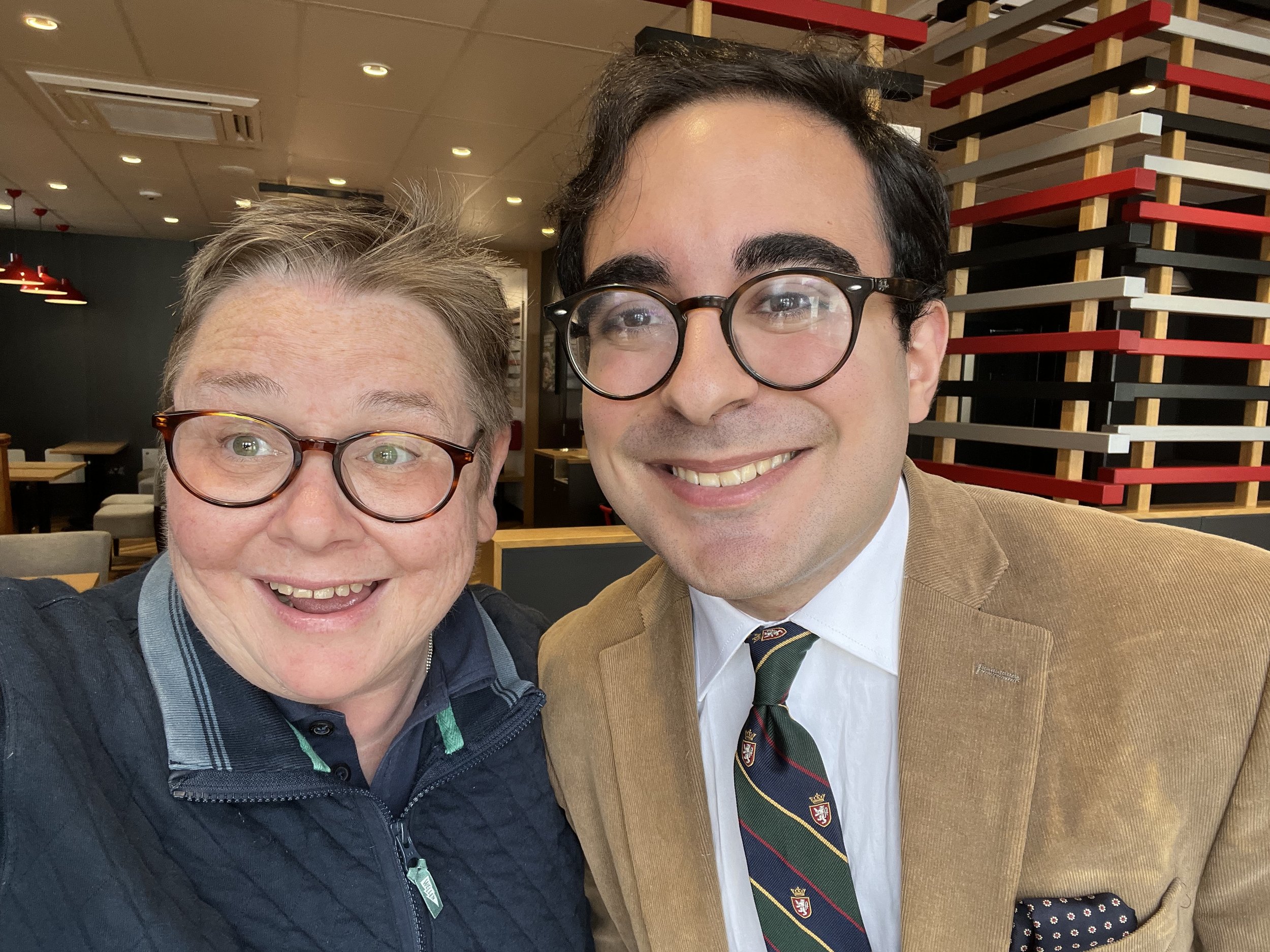Grief is one of life’s most profound experiences. Many of us are simply not prepared for the level of sadness, isolation and vulnerability that often result after losing someone whom we love deeply. This October, Trinity Episcopal Church will partner with Nassau Presbyterian Church at its Fall Session of GriefEncounters.
This support group is open to all Trinity parishioners and friends who have sustained the recent or not so recent loss of a loved one. The meetings will be held Tuesday, 7-8:30pm, in the conference room at Nassau Presbyterian Church on October 17 & 24; November 7, 14 & 28; and December 5. There will be no meeting on Tuesday, October 31 (Halloween) or on Tuesday, November 21 (Thanksgiving week).
Each meeting will incorporate confidential sharing and guided conversation, with supportive scripture and prayer. If you are interested in finding out more information about the group, please email Deacon Hank Bristol at hbristoldcn@gmail.com.






























